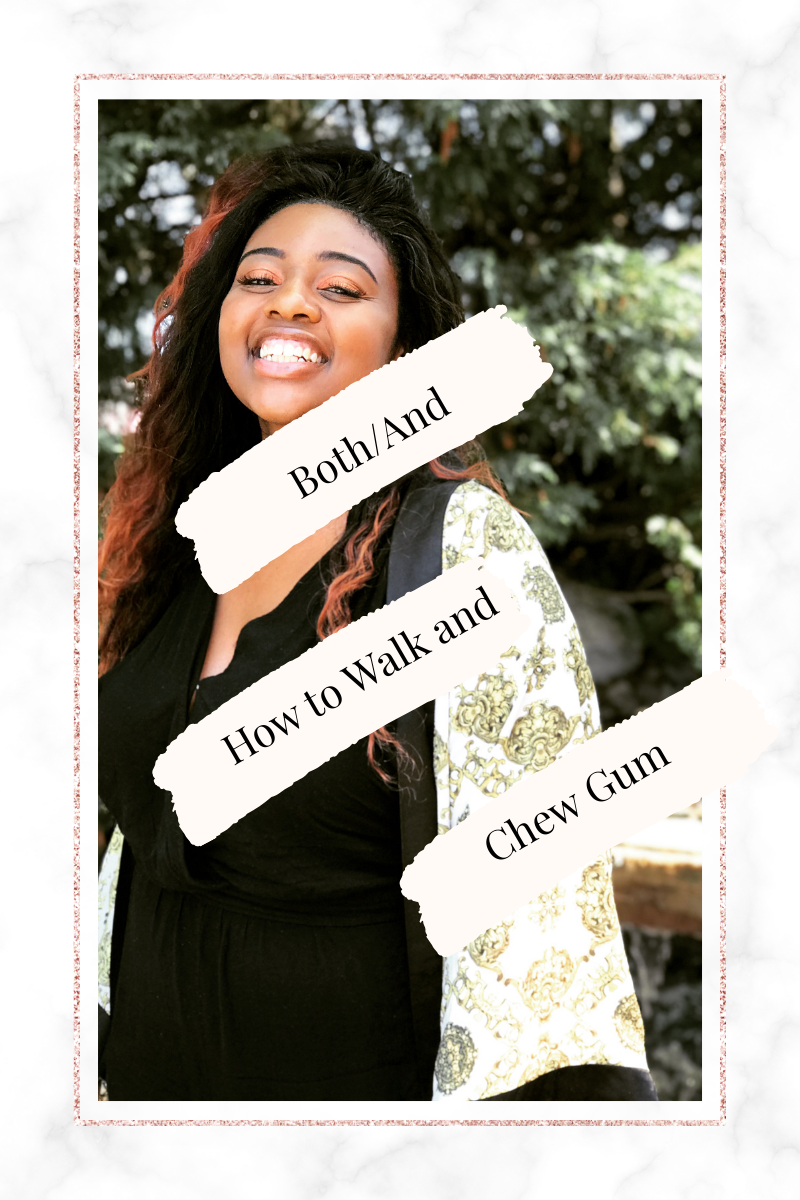Collateral Damage
- Angelique

- Jul 2, 2019
- 3 min read
We can do some really irreversible things when we get in our feelings. It doesn’t make us terrible, it just makes us human. It also makes us accountable.
Knowing that the hurt you’ve caused someone wasn’t intentional doesn’t lessen their pain, yet, we often feel justified in our actions because they were authentic. We often react when we should respond and it’s here where we find the ruins of our collateral damage.
I find that the carnage that we so half heartedly repair with a lack luster “I’m Sorry” and a defense on why we should be excused for our behavior could be eliminated if we did this one “silly” thing.
Stop. Take a beat. Pause. Think.
If we just took a moment to inhale and exhale between being offended and becoming the offender, we would be the offender a lot less often. The age old adage, “Two wrongs don’t make a right” or if you’ve ever heard, “ An eye for an eye would make the whole world blind”, you’re already familiar with this sentiment.
Reacting instead of responding can make a bad situation worst in a split second. It’s always so interesting because we can so easily assign the repercussions of our reaction to the person who offended us rather then hold our self responsible.
For example, if a close friend of yours calls you to tell you that they broke your favorite vase while plant-sitting, and you get so upset that you throw your phone across the room after hanging up. If your phone breaks or your screen shatters, the broken vase is their fault, the broken phone is yours.
In Numbers 20, the children of Israel were thirsty, and as per their nature began to complain about God, Moses and Aaron about the lack of water. God being the gracious God that He is, gave instructions to Moses to provide water to them. Now the children of Israel were absolutely being ungrateful. I'm sure Moses thought that they were annoying at this point. God kept giving and helping them through Moses' obedience so he may have been justified in his frustration, but that did not give him the right to now become disobedient to God. Moses had to live out the consequences to his disobedience, just as the children of Israel had to live out the consequences of their stubbornness.
The point that is so poignant here is also that whether or not Moses expressed his frustration in the form of his own disobedience, the children of Israel were still going to answer to God for their rebellion. So Moses' disobedience ultimately helped no one except for giving him the immediate satisfaction of displaying his own frustration.
I don't know about you, but I wouldn't have given up entering the promised land for the ability to be self- satisfied.
Even though Moses couldn't have known what his consequence would have been, he was still held accountable for his actions.
I found this quote on tumblr a few weeks ago and it resonates with me so much so that I find myself re-reading it from time to time and sharing it with my friends and family:

The saying goes, "Hurt people, hurt people", but I want to challenge you today to break that pattern. We can hurt and not impose or inflict our pain onto others. We can choose how we can process our pain in ways that are both healthy and respectful.
Next week we'll talk about how we can respond to our emotions with out reacting in away that offends anyone else, but today maybe we can help each other. In the comments below, let us know how you cope with negative emotions in a positive way.




Comments